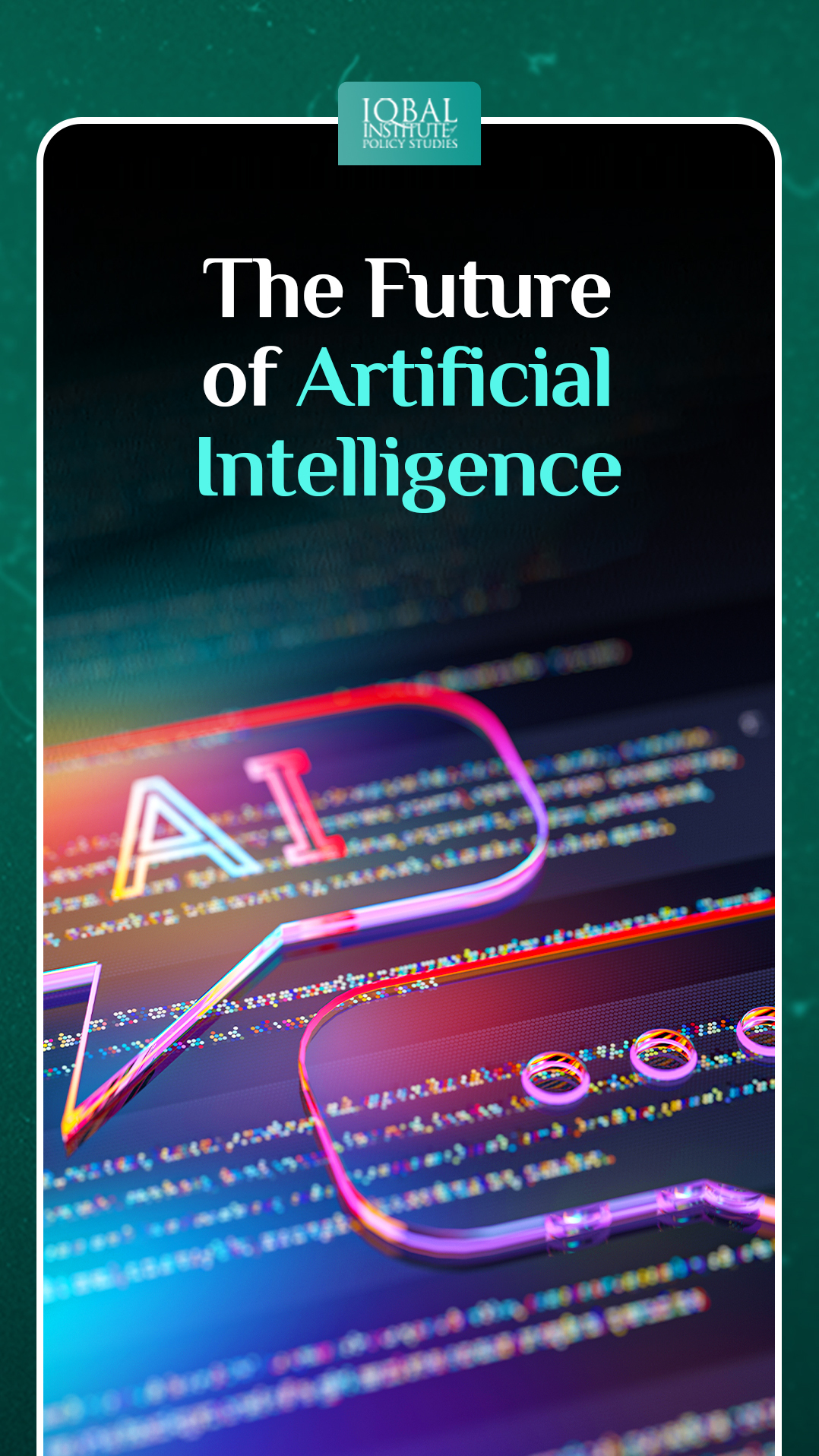Artificial Intelligence (AI) has rapidly evolved over the past few years. It has transformed industries and redefined how people live and work. One of the key drivers of AI’s growth is the vast amount of data available today. AI systems thrive on data, and the increasing availability of data has fueled AI innovations across various domains. Additionally, AI is already an integral part of our lives, from voice assistants like Siri and Alexa to recommendation algorithms on streaming platforms like Netflix. Moreover, machine learning, a subset of AI, has made remarkable progress as well, allowing computers to learn and improve from experience. Deep learning, a subfield of machine learning, has been particularly instrumental in improving AI’s ability to process and understand complex data. As AI continues to advance, it is essential to stay informed about the latest trends and developments. Nations should invest in AI education, create AI policies, foster innovation, establish data governance, prioritize ethical AI development, and engage in international collaboration to effectively navigate the AI landscape.
The Importance of Monitoring AI Trends
Staying informed about the latest developments in AI can provide businesses and individuals with a competitive edge. Whether you are an entrepreneur looking to innovate or a professional seeking to enhance your skillset, understanding AI trends is essential.
Key AI Trends to Watch
Machine Learning Advancements
Machine learning is at the heart of AI, and recent advancements in this field are propelling AI to new heights. Breakthroughs in algorithms and models, such as GPT-3, have improved natural language understanding and generation. This trend is set to continue, making AI more versatile and capable in various applications.
AI in Healthcare
The healthcare industry is witnessing a transformation. From diagnosing diseases to drug discovery and personalized treatment plans, AI is revolutionizing healthcare. AI-powered medical imaging is improving the accuracy of diagnoses, and wearable devices are monitoring patients’ health in real-time, leading to more proactive healthcare.
Natural Language Processing (NLP)
NLP is another exciting trend in AI. It enables machines to understand and generate human language, making applications like chatbots, language translation, and sentiment analysis more effective. NLP is powering virtual assistants and facilitating more natural interactions between humans and machines.
Ethical AI
With the increasing use of AI in decision-making processes, ethical concerns have emerged. Bias in AI algorithms and the potential for unintended consequences are real issues. Moreover, Ethical AI is gaining prominence, emphasizing fairness, transparency, and accountability in AI development and deployment.
AI in Autonomous Vehicles
Self-driving cars are no longer a futuristic concept. AI plays a central role in the development of autonomous vehicles, enhancing safety and efficiency on the roads. As technology matures, we can expect more widespread adoption of autonomous vehicles in transportation systems.
AI in Robotics
The integration of AI in robotics is transforming industries such as manufacturing and logistics. Robots equipped with AI can perform complex tasks with precision and adapt to changing environments. This trend is improving efficiency and reducing the need for manual labor in various sectors.
Quantum Computing and AI
Quantum computing is on the horizon, promising to revolutionize AI capabilities. Quantum computers can process vast amounts of data at unprecedented speeds, enabling AI systems to tackle complex problems more efficiently. As quantum computing technology matures, AI applications will become even more powerful.
AI and Cybersecurity
With the increasing sophistication of cyber threats, AI is playing a critical role in bolstering cybersecurity defenses. AI-powered systems can analyze vast datasets to detect anomalies and potential security breaches, providing real-time protection against cyberattacks.
Real-World Examples
To better understand the impact of these trends, following are some of the real-world examples:
Machine Learning in Finance: Banks and financial institutions are using machine learning algorithms to detect fraudulent transactions and predict market trends.
AI in Education: Personalized learning platforms powered by AI are tailoring educational content to individual students, enhancing the learning experience.
NLP in Customer Service: Many companies employ chatbots that use NLP to provide instant customer support and improve customer satisfaction.
AI-Enhanced Agriculture: AI-driven sensors and drones are helping farmers optimize crop yields and reduce resource usage.
Ethical AI in Hiring: Companies are using ethical AI tools to reduce bias in their hiring processes, ensuring fairer outcomes for job applicants.
Challenges and Considerations
While AI offers tremendous potential, it is not without challenges and considerations. One of the foremost concerns is ethics. As AI becomes more integrated into our lives, we must address questions of bias, privacy, and accountability. Additionally, the rapid pace of AI development means that regulations and ethical frameworks must evolve to keep pace.
Future Prospects
The future of AI is promising, with numerous opportunities for growth and innovation. Industries across the board will continue to leverage AI to enhance productivity, improve decision-making, and solve complex problems. As AI technologies mature, we can expect to see even more creative applications emerge.
Conclusion
In conclusion, the future of artificial intelligence is bright and full of possibilities. As AI continues to evolve, it will impact every aspect of our lives, from healthcare and transportation to education and entertainment. By staying informed about the latest AI trends, businesses can be positioned to thrive in this exciting era of innovation.
This article is written by Radma Nouman. Radma is a research analyst at the Iqbal Institute of Policy Studies (IIPS).



Leave a Reply